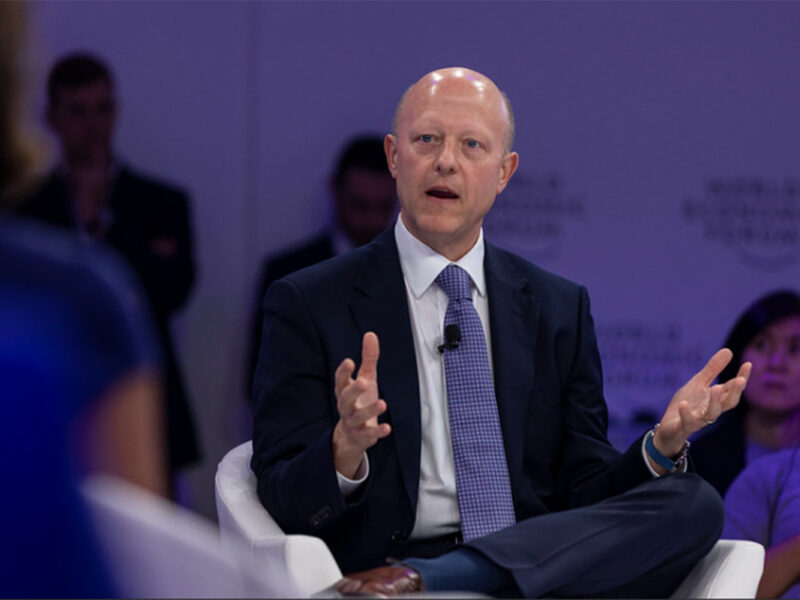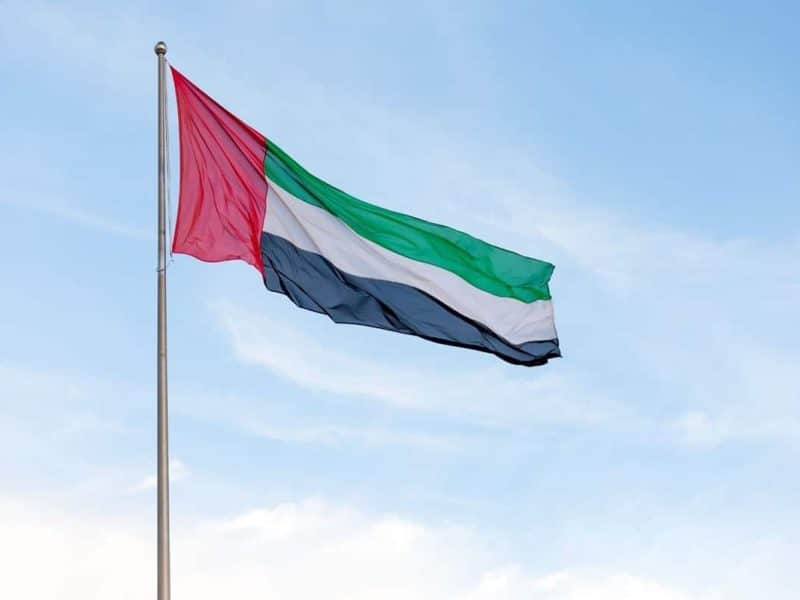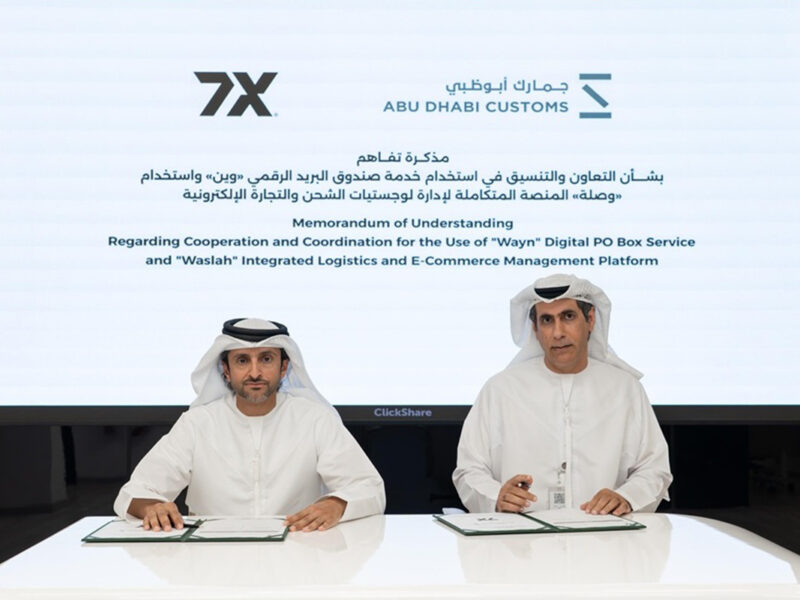How hard is it to make money out of science? Just ask Penelope Shihab, the Palestinian scientist who launched what she claims is the only biotech company of its kind in the Middle East.
Jordan-based biotech firm Monojo, which she started in 2005, specialises in creating cosmeceuticals (the term for a cosmetic that has or is claimed to have medicinal properties) that use camel milk to cure certain skin diseases.
Today, Shihab sells her skin line, Skinue, in 10 countries across the world, including the US, Canada, Australia and parts of the GCC, through her UK-based digital marketing company Royal Therapeutics, established just one year back. Her products are sold via Amazon and local distributors.
Already, the scientist has her eyes set on expansion in Latin America, including countries such as Brazil. But she is not stopping there, with plans for further expansion in the US already scheduled for 2018. It is safe to say that the scientist turned businesswoman wants to take her fair share in the $370bn global biotechnology market.
Biotechnology is a growing market, in a world where many are seeking alternatives to standard treatments. It uses bioactive ingredients (living organisms) to design products with supposed medical benefits, as opposed to using synthetic chemicals, which it is claimed can leave consumers with bad sides affects.
 Shihab hopes to fund regional start ups in the future
Shihab hopes to fund regional start ups in the future
The secret sauce: camel milk
Making money was not the ultimate goal for the Bethlehem-born scientist. Shihab left a conflicted homeland to continue her education in Jordan, where she worked as a manager for one of the region’s biggest pharmaceutical companies for eight years, before realising that Middle Eastern countries needed more originators than copycats.
“Jordan is a hub for pharmaceuticals in the region. The companies copy international formulas and manufacture and sell them at cheaper prices, while still maintaining good quality,” she tells Arabian Business while in Dubai to promote her products. “But I wanted to change that. I wanted to be the originator.”
She says this was in 2005, and pharmaceutical companies told her it was “too early” to try a different approach. But in Shihab’s opinion, new technologies, such as the genome and genetic mapping, made it possible to start thinking about biotech rather chemical entities. Plus she’s observed that consumer trends were moving towards biotech and personalised medicine.
“I realised we could grow the biotech sector in the Middle East. I wanted to create something using the technology and sell it globally. I didn’t want to limit myself to the region,” she says of her ambition back then.
Shihab specialises in researching antibodies, the small proteins produced in the blood after an attack or infection takes place in the body. To figure out how to use them in therapeutics, she began by studying the skin condition of Bedouins living in Jordan.
Despite living in harsh desert weather that results in dryness and dehydration, the local people had clear and healthy skin. Moreover, they seemed not to be as badly affected by modern-day diseases such as diabetes or cancer.
 Three out of 10 people in the Palestinian society are under 30 years old, according to state figures
Three out of 10 people in the Palestinian society are under 30 years old, according to state figures
Shihab thought that camel milk could be one of the reasons for their resilience. So she started working with camel antibodies, discovering that they are much smaller when compared to many others antibodies, and can be heated or exposed to very low pH acidity while remaining stable. This means they can be used for “practically anything”.
Using camel milk, she invented a technology that produces antibodies against specific targets, usually infectious microorganisms that cause diseases.
From research to production
Shihab says that “scientists don’t think commercially”. Hence it took her years to convince investors and other scientists to support her research. “I’m a scientist. At that time, I had no idea how to create a brand, so it was a very challenging experience. If you look at the advances in mobile or digital technology, it’s all based on long-term research, not one or two days of study. Our governments are not supporting enough research and development. It’s time to offer more opportunities for people to think outside the box. And this is the time for all sectors, not just cosmeceuticals,” she says.
Thankfully she found the support she lacked at home in the US and UK. “What really made a difference was my association with the University of Cambridge in England. Its biotech institute supervised my work, and because it’s an international institutions it gave me more credibility with both investors and scientists,” she explains.
 Shihab’s line Skinue uses camel milk technology to treat diseases
Shihab’s line Skinue uses camel milk technology to treat diseases
Moving from Jordan to the US, Shihab placed herself in a small business incubator and created focus groups to understand the best strategy to sell her products, focusing on millennials as a target audience. With the help of these groups, she launched her first line, consisting of facewash, gel, creams and serums containing camel milk and other natural ingredients.
Her next endeavour is a mobile app sensor that tests skin by taking a photo of the face, analysing it and diagnosing the best solution for that skin type. It is set to launch in the next five years, with the US in mind as a main market.
Helping the next generation
Despite her international expansion, Shihab has not yet given up on the Middle East, insisting that Jordan is one of the best places in this region to start a business. “It’s full of talent. We’re a poor country, so we don’t have resources, but people are ready to try new things. And in Jordan today, you can develop any product easily. You can innovate easily.”
The big problem, however, is a lack of money. “Access to finance is the biggest challenge for Jordanians and my company as well.”
 Scientific research needs more government funding, according to Shihab
Scientific research needs more government funding, according to Shihab
Her solution is to help other local entrepreneurs to pitch to global investors and attract inward investment. To that end, Shihab joined New York-based NGO Endeavour, which selects high impact entrepreneurs who will make a difference in their communities.
“I’m trying to be the local representative for Jordan and Palestine. It’s more difficult in Palestine because of the political situation, but I’m trying.”
Shihab thinks a lot about the situation in Palestine. According to 2017 state figures, youth unemployment is 40 percent, with the number exceeding 50 percent for graduates. Jordan follows closely behind, with youth unemployment at almost 32 percent according to the World Bank.
The lack of jobs aside, there is also the ever-present threat of violence. “The everyday lesson for Palestinians living in Palestine is that you have to try your best today because you might be dead tomorrow. I was shot at by Israeli forces when I was 14 years old, during the Intifada, and in 2014 when I was pregnant. I was in a very bad situation.
“But I don’t have to tell you these stories,” she continues. “You can watch them on the news. What you don’t see on television is how Palestinians innovate, how they create and how they dream to make a difference globally.
 Shihab said scientists should think commercially
Shihab said scientists should think commercially
An advocate for women
The statistics for female unemployment in Palestine are even higher, at 45 percent. More generally, work opportunities are challenging for Arab women in the region over.
“Let’s be very honest. I’m a Muslim female who is married and has three kids. I come from a culture that is restrictive and male dominant. Business is not the first choice for women in Jordan and in the Arab world generally. They prefer us to be teachers, doctors, nurses, but not businesswomen.
“Being a businesswoman means you have to travel, work late hours and have sleepless nights. You have a big responsibility. We’re not raised, as Arab females, to have this responsibility. We’re raised to be housewives. This is something we learn from our parents and our grandparents, but it’s not necessarily the right thing. Today, in this liberal world, you need to think with an open mind.
“I have a dream to see Arab girls succeed globally,” she adds. “We’re innovators. We’re scientists. We’re creators. We are not less than anyone else. We are also shaping the world.”
In a bid to encourage women in the region to launch their own businesses, Shihab has started an NGO, the Applied Scientific Research Fund (ASRF). It helps aspiring female entrepreneurs by providing mentorship and guidance programmes.
 Camel milk has many supposed benefits, including anti-aging properties
Camel milk has many supposed benefits, including anti-aging properties
So far, she has helped three girls start their companies in Jordan and has provided the opportunity for almost a dozen young Arab women to study in Europe.
“I faced all kinds of problems when I started my business,” she says of her motivation to help power a new generation of young Arab women.
“Everyone told me, ‘Penelope, you’re crazy. You’re leaving a stable position at a big firm to go nowhere. Innovation is a very risky business, you can end up nowhere, with nothing.’ And I knew all of this. But I had to try it and I had to face it myself. And this was not allowed in our culture. I had to fight for it. We have lots of taboos in the Arab world; cultural taboos, authoritarian taboos.
“I broke them because I wanted to prove that I could be different, successful and still make my family proud. It was very tough to keep learning, because my whole education was based around research, and with research you can’t just say, ‘I have to leave the lab and go home now.’ If you’re dealing with bacteria you have to stay late in the lab. You can’t be restricted by time.”
She says it is the same with business where, for example, you might have to travel at short notice or work late.
“I wanted to say to these Arab women, if you dream about a career, fight for it. Our women are not confident. They always think they’re inferior. But we are not less than anyone else. We can be great if we want to be. Unfortunately, this low self-confidence comes from our families. They raised us, as Arabs, to believe that we are less than Americans and Westerners, especially girls. They tell us girls are weaker than boys. And they treat us this way.”
Shihab thinks the answer is the choice to pursue a career, and being given the confidence to do it. “Our girls can be the best journalists in the world, the best doctors. Why not? It’s only a matter of confidence and will. And today, if you want to get education, you can just go online. Harvard offers free webinars. Cambridge offers free lectures. You can get education wherever you are.”
 Arab women lack the confidence to start businesses, Shihab says
Arab women lack the confidence to start businesses, Shihab says
The issue is not merely an international one, however. Shihab says that young Western girls at universities where she lectures can also lack the confidence to go after their ideas, often posing the question, ‘Penelope, do you think I can be like you?’
The ambitious scientist says her work outside the Arab world is just as important. By reaching out to young girls all over the world, she proves that the region has “many Penelope’s who dream to make a difference.”
Though few can argue she has not already made a mark in the region and abroad, there seems to be a lot of fight still left in Penelope Shihab.









